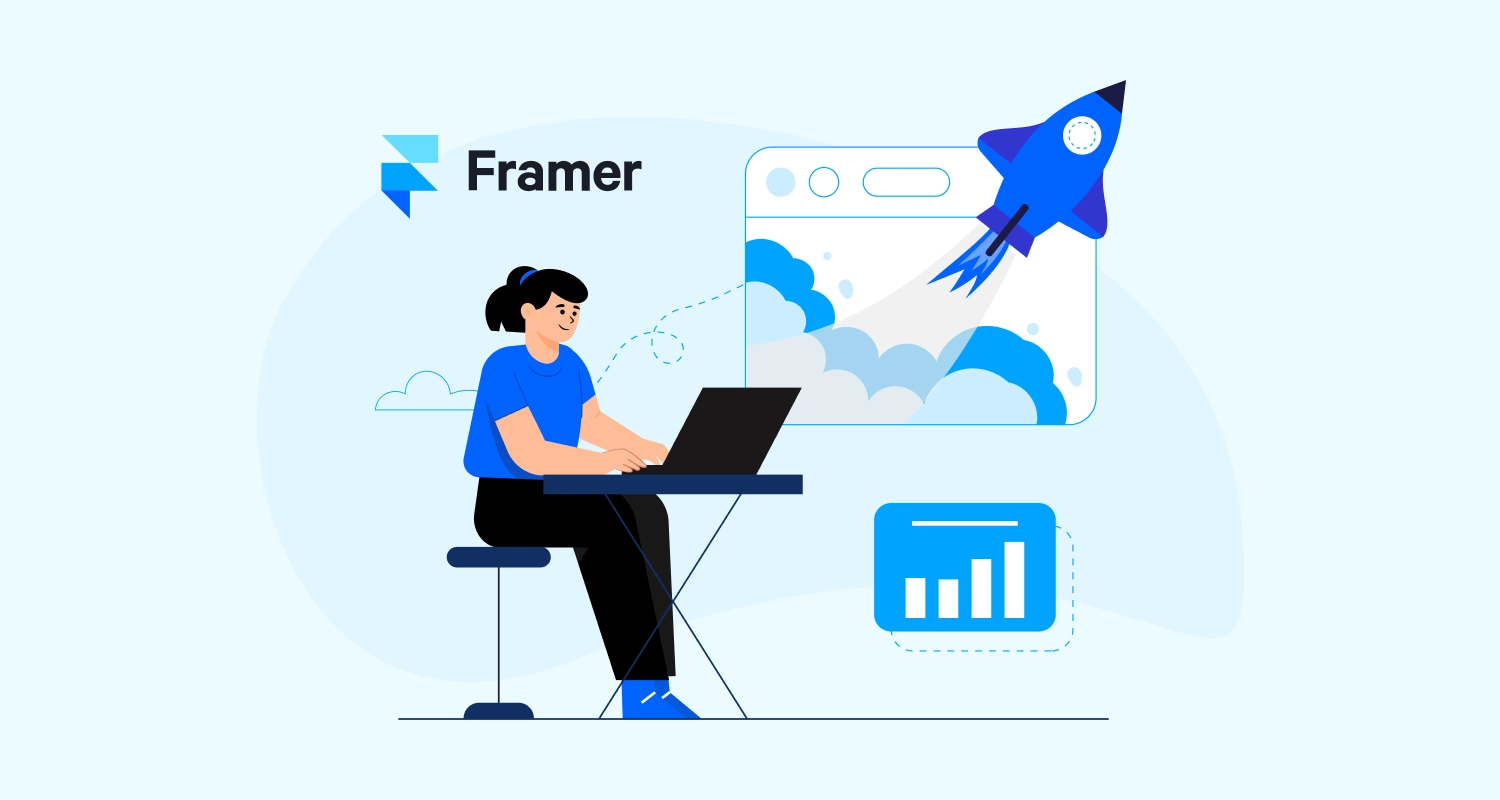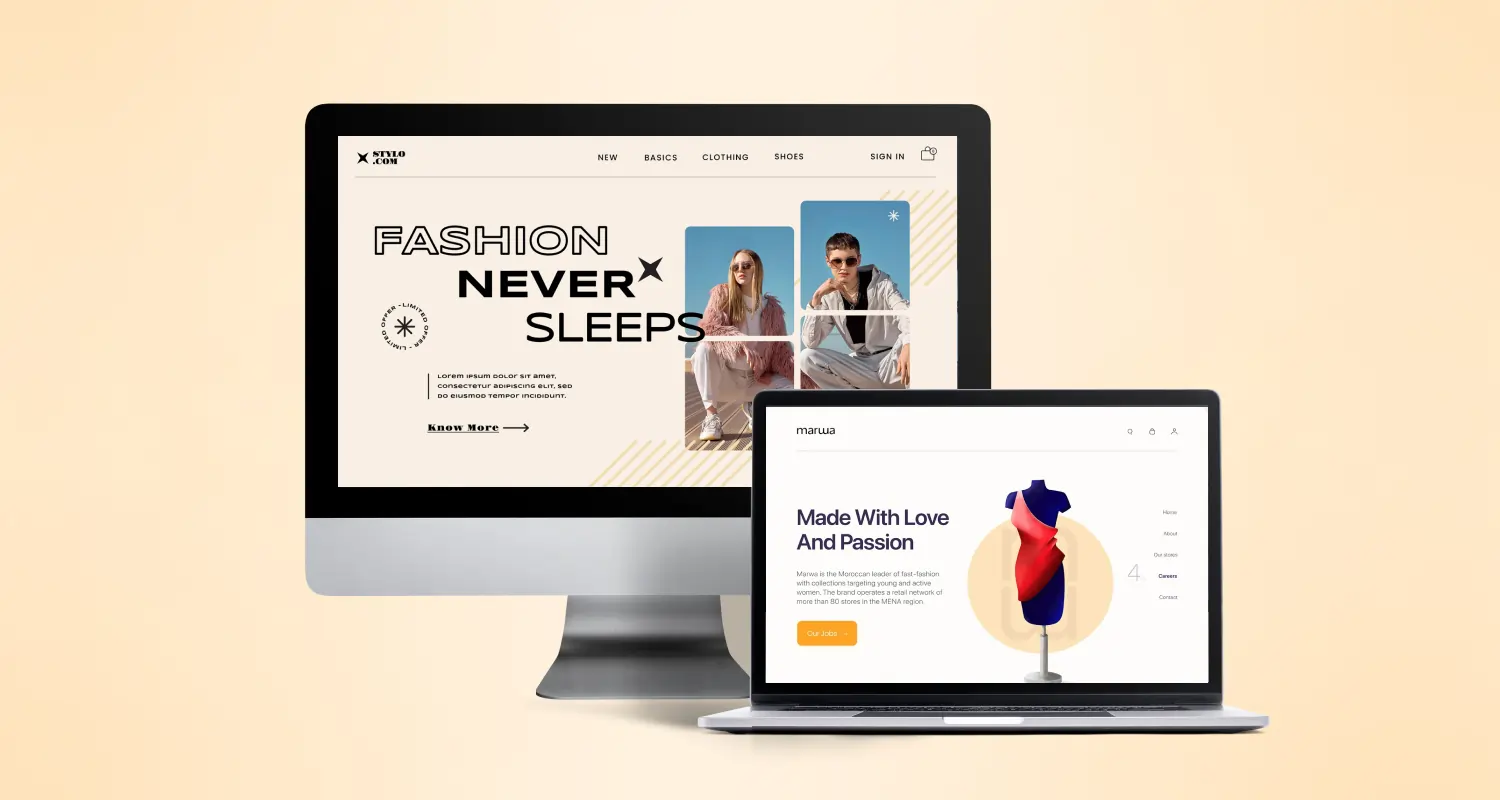We are living in an era of constantly changing trends. Talking about Website Design, sometimes trends are dictated by necessity like responsive design. Other trends are industry shifts, such as the change from skeuomorphism to flat design. More video, usage of color psychology, vertical patterns, material design-inspired interfaces, and slide-style sites are growing in popularity. As a brand, If you haven’t updated the look of your website for a long time, then it is a correct time now to do so. Else, there would be the probability of falling behind competitors who likewise have websites, and are more tuned into the requirements of today’s clients. To give you some ideas on the most proficient method to upgrade your website, here are some mobile app design trends.
Minimalism and Flat Design
Minimalism has boomed in 2015 and will continue to go strong in 2016. A popular web design approach that goes very well together with the minimalist philosophy is a flat design. Google Material Design represents Flat design principles in a well manner: the metaphor of the material world with the clever play of shadows, light, and movement, in order to create designs that appear more realistic to the user. The goal of Material Design is to create a clean, modernistic design that focuses on UX. With its minimalist look, Material Design has a lot in common with another growing trend — flat design.
Better Use of Typography
Typography is a central component of great design and branding. It isn’t only the specialty of designing letters. If used in the correct way would give life to your text content and enhance the rest of your site’s design elements which help your brand stand out.
Services like Google Fonts and Typekit makes the custom fonts readily available and easy to use on the web. However, an expert designer’s customized typography is better to emphasize your image’s uniqueness. Additionally, essential information on how to make typography work offers you some assistance with staying on the same page with your designer.
Amazing Static and Moving Images
Think your site is too plain? Add an solitary, eye-caching image to the background which tells your brand story.
In case you’re undecided on whether to utilize a photograph or a video for your site, think about utilizing as a motion picture. A moving picture communicates a larger number of words than a still photograph, yet goes through less data transfer capacity than a video. It can likewise liven up your webpage’s experience.
You can make a motion picture all alone, with the assistance of programming such as Photoshop. You can likewise hire a skilled web designer to offer all of you the route, from the making of the video some assistance with clipping, down to the transferring of the motion picture to your site.
Interactive Storytelling
When you display an interesting inquiry for a site visitor, for example, “What number of employee works for you,” you flip the interesting switch in the visitor’s mind. He or she will then click one arrow or the other: “What? Employees work for me?” or “Discover: Take the overview,” then another, and another. When the visitor is done, you’ll have finished your story, and changed over another paying customer. Once the story finishes, we’re left feeling either fulfilled or needing more. Your employment, as an advertiser, is to make them need more.
Rich Animations
Animations are being used more and more to enhance a site’s storytelling, making the experience more interactive and entertaining. You can’t use animation anywhere in your website; consider carefully whether it adds value to your website identity. Large scale animation is used as a primary interaction tool that has more impact on the user because it includes effects of parallax scrolling and pops up notification. While in Small-scale animation doesn’t require any user input. There are various techniques in animation like hover, loading, non-scrolling, slideshows, motion, and scrolling. Each has a different characteristic.
You may be asking: “In this way, what’s the best web design trend for me to take after?” The answer is: It depends upon your brand, how these components work to pass on your brand and the amount you’re willing to put resources into upgrading your web design. However, the trend you select to follow should serve your clients as well as your brand.







